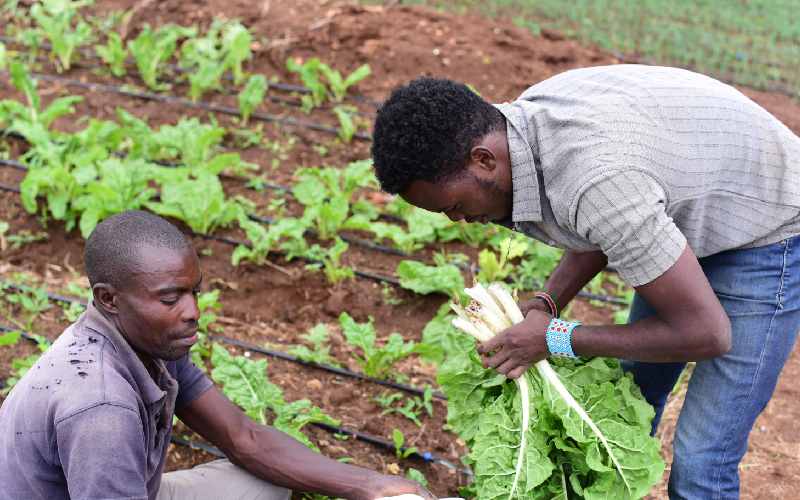×
The Standard e-Paper
Smart Minds Choose Us

Having a “fair and just” value chain ensures consumers are willing to pay fairer prices, enabling producers to earn decent livelihoods.
It is about ensuring a fair and sustainable supply chain that protects nature and the environment.